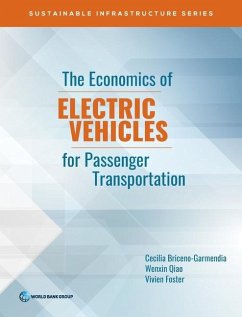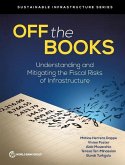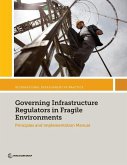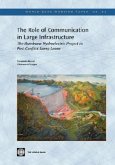This report sheds light on the economics of electric mobility transition by addressing three questions: why is electric mobility for passenger transportation relevant to the developing world; when does it make sense to proactively pursue the transition; and how can policymakers accelerate adoption of electric passenger vehicles.








